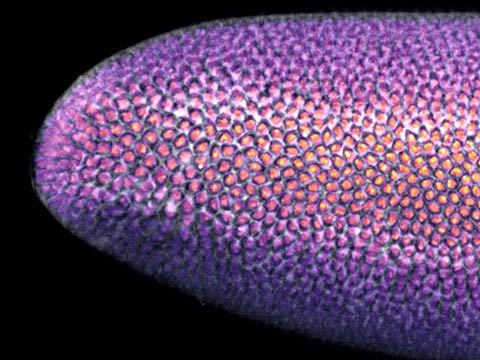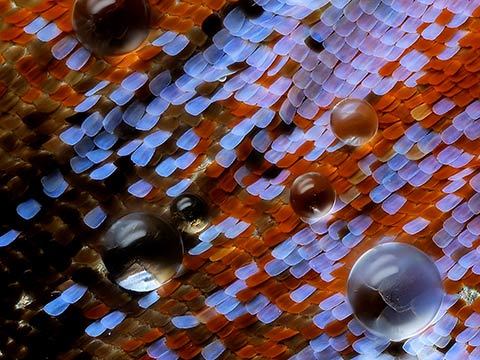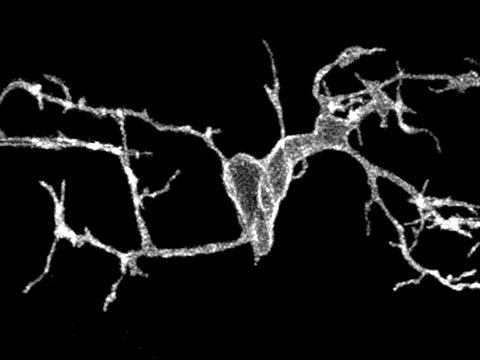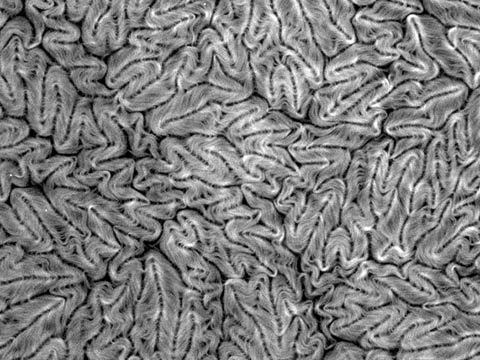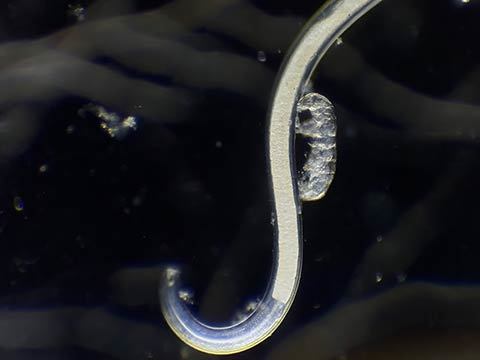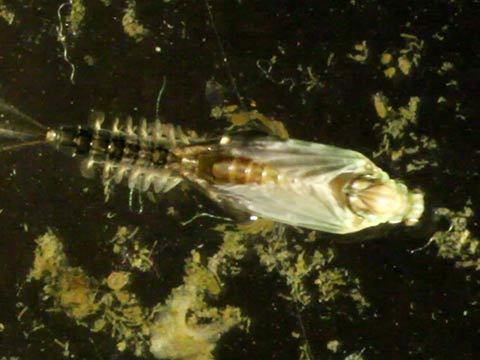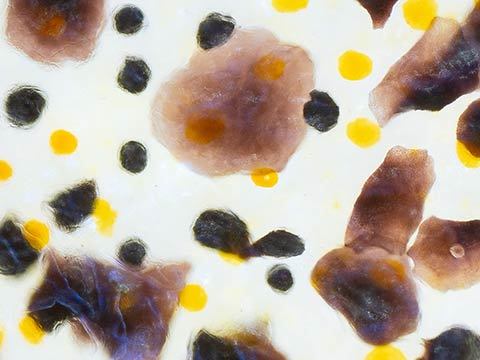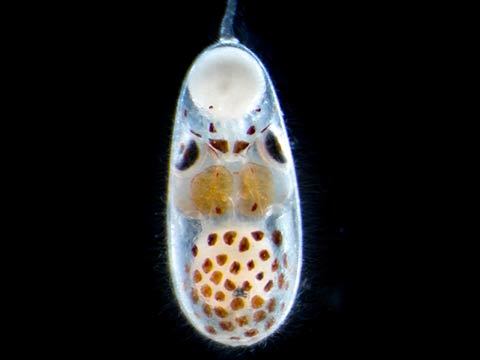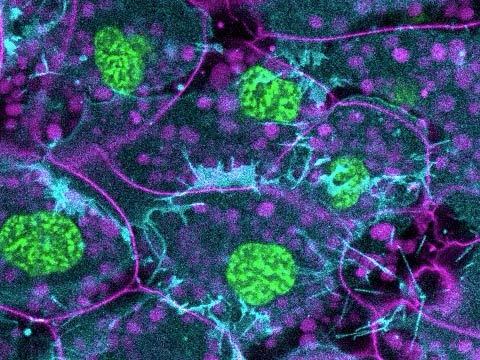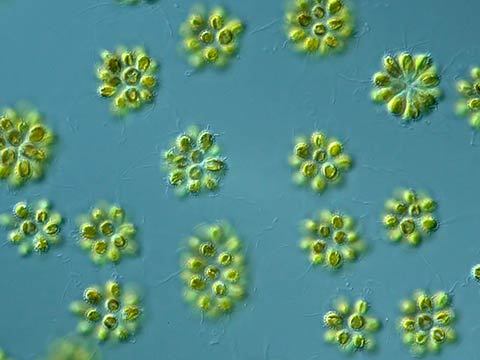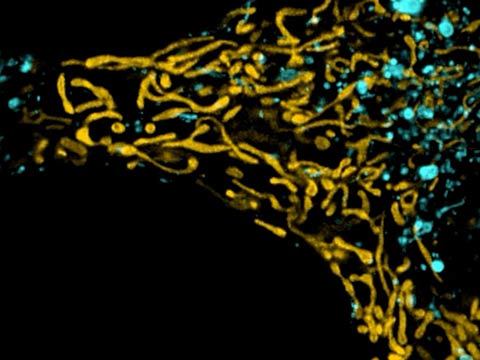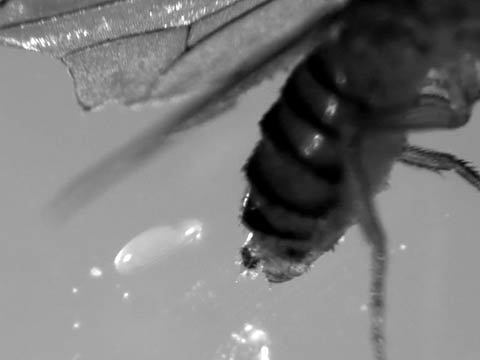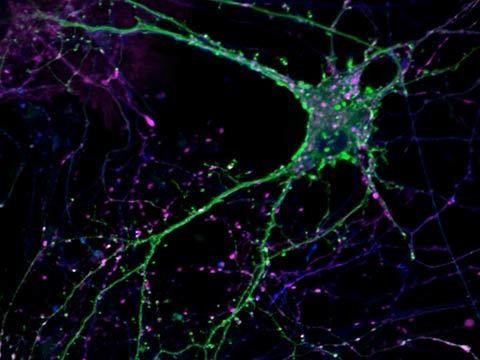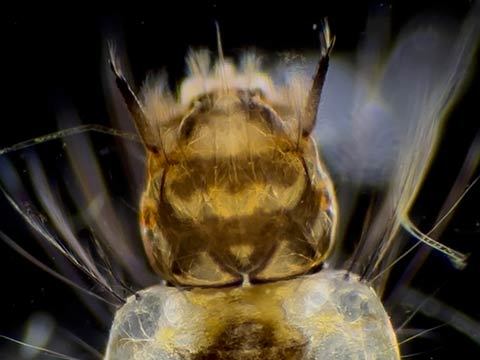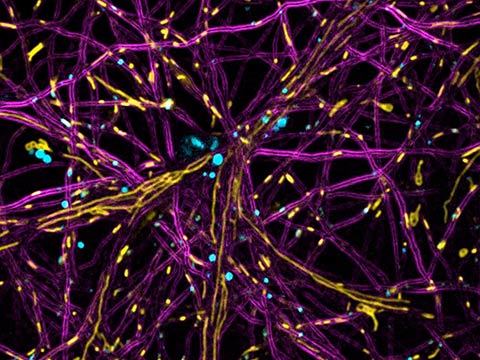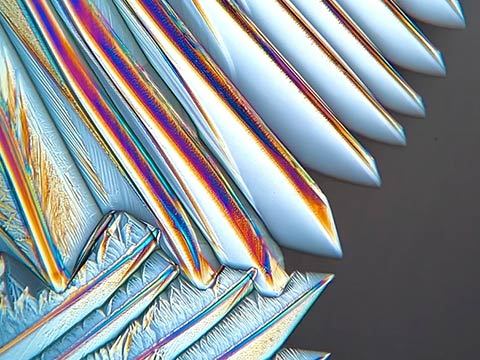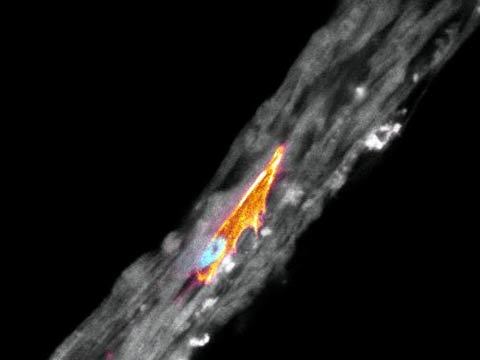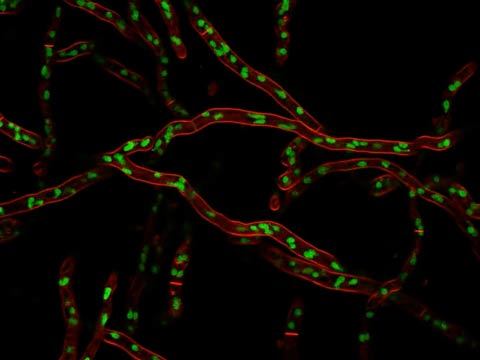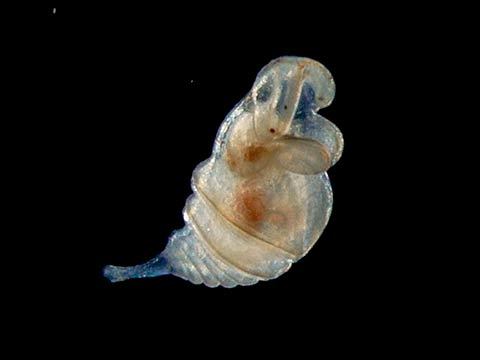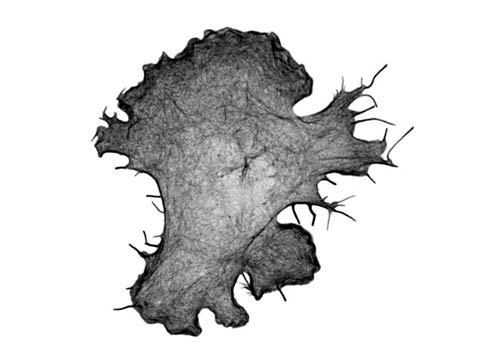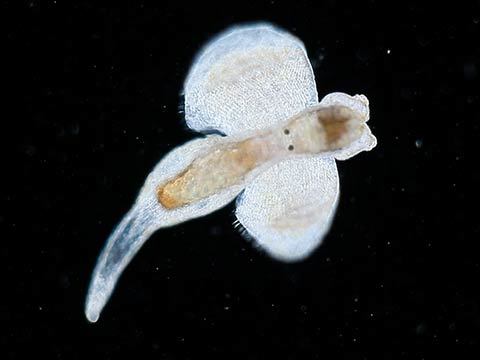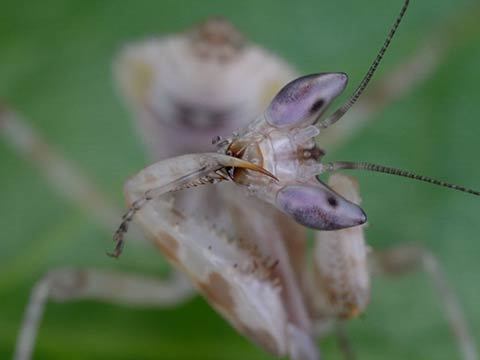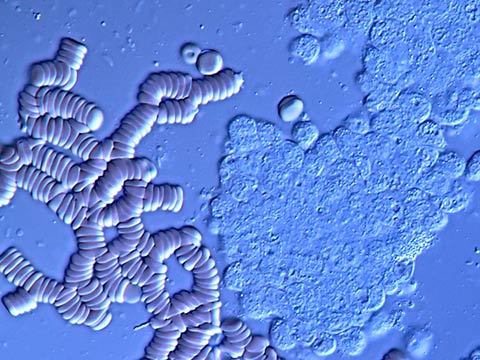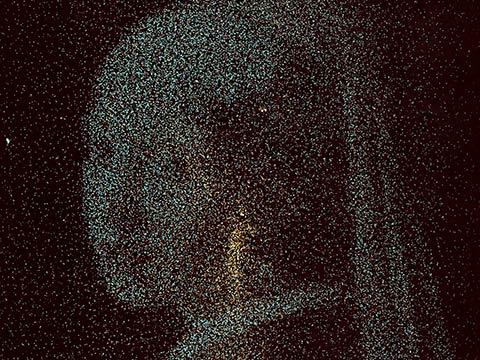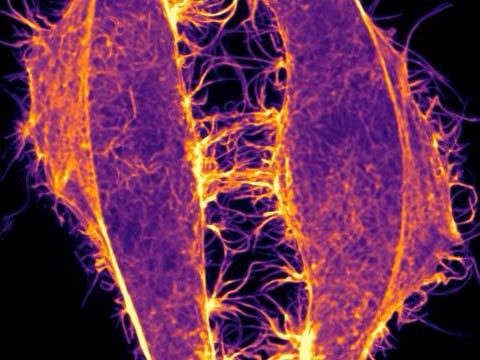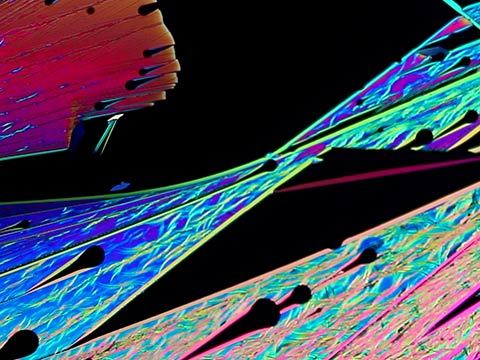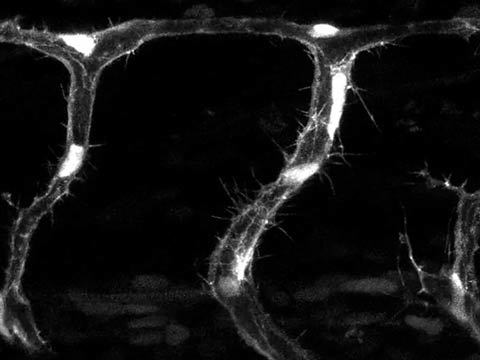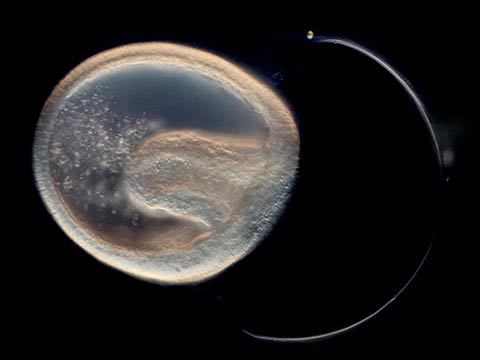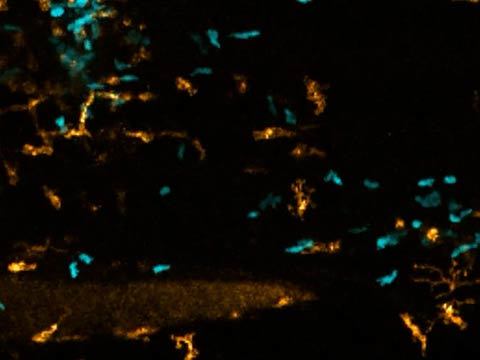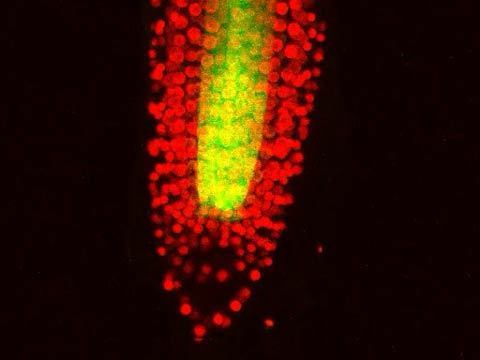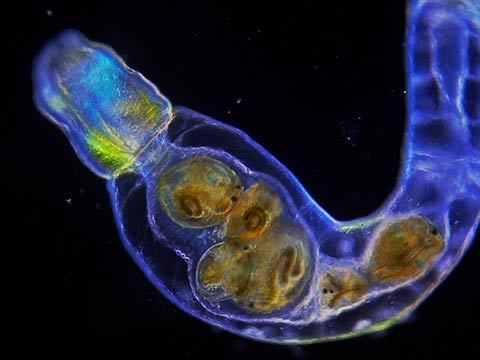Dr. Bruno Vellutini's first-place video for the 2024 Small World in Motion Competition reveals the dynamic processes of fly embryogenesis, crucial for uncovering genetic pathways that mirror those in humans and other mammals, with applications for cancer research, birth defects, and potential treatment development. The video captures the rhythmic waves of division and tissue movements critical to proper embryonic formation in fruit flies. These processes are linked to mechanisms that can go awry, leading to the development of cancer and other diseases. For instance, during normal development, cells must organize precisely within tissues, a process maintained by cell-cell communication and mechanical feedback. Disruptions in these processes, such as the epithelial-mesenchymal transition—a process normal in embryogenesis but problematic when occurring unexpectedly—are known to contribute to the invasiveness of lung, liver, and breast cancer.
Dr. Vellutini adds depth to his video, saying, “Fruit fly embryos are in our homes, developing in our kitchens and our trash bins, are undergoing the same processes as shown in the video. I believe the video is particularly impactful because it shows us how these fascinating cellular and tissue dynamics are happening every day, all around us—even in the most mundane living beings.”
To capture this dynamic development, Dr. Vellutini used light sheet microscopy, a technique that allows for gentle imaging of live embryos while minimizing potential damage. “The biggest challenges I encountered were in mounting the embryos correctly and optimizing imaging conditions to capture clear, high-quality footage over an extended period. Balancing light exposure to avoid harming the samples was crucial,” Dr. Vellutini explained.

 Share
Share Tweet
Tweet Pin-It
Pin-It